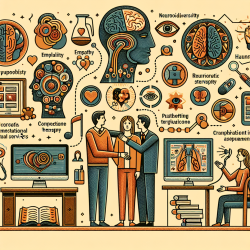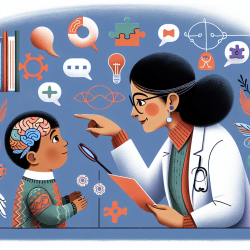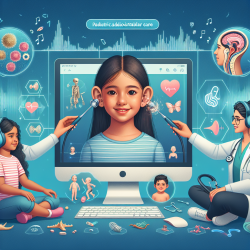The field of speech-language pathology is continually evolving, and with it, the methods used to train future professionals. One such method, pseudostuttering assignments, has recently come under scrutiny. These assignments, which involve students simulating stuttering, are intended to develop empathy and clinical skills. However, the continued use of these assignments needs to be reexamined to align with neurodiversity and address students' reluctance to participate.
From a neurodiverse perspective, stuttering is regarded as a normal speech variation rather than a disorder. This shift in perspective necessitates a reevaluation of traditional training methods. A recent study aimed to explore the opinions of people who stutter, speech-language therapy students, and faculty members on the future of pseudostuttering assignments.
Methodology
The research utilized a descriptive design electronic survey, disseminated globally to 134 participants divided into three groups: people who stutter, speech-language therapy students, and faculty members. The survey comprised 84 closed- and open-ended questions, and the results were analyzed using percentages and thematic analysis.
Key Findings
- 83% of speech-language pathology faculty members supported pseudostuttering assignments.
- 48% of people who stutter and 58% of speech-language pathology students felt negatively toward these assignments.
- Students reported feeling more comfortable performing augmentative and alternative communication simulations than pseudostuttering or aphasia simulations.
- Concerns were raised that pseudostuttering assignments could be offensive and stigmatizing for people who stutter.
Conclusions
The results underscore the importance of involving all constituent groups in the development of training methods. To better align with neurodiversity and the comfort levels of students, adaptations to pseudostuttering assignments are recommended. These adaptations could include speaking with people who stutter and adopting a more inclusive approach to student education.
At TinyEYE, we understand the importance of evolving our practices to better serve our students and clients. By embracing a neurodiverse perspective, we can create a more inclusive and empathetic learning environment for future speech-language pathologists.
For more information, please follow this link.










